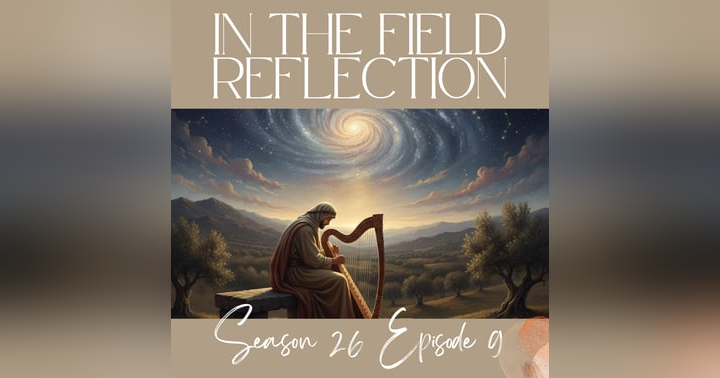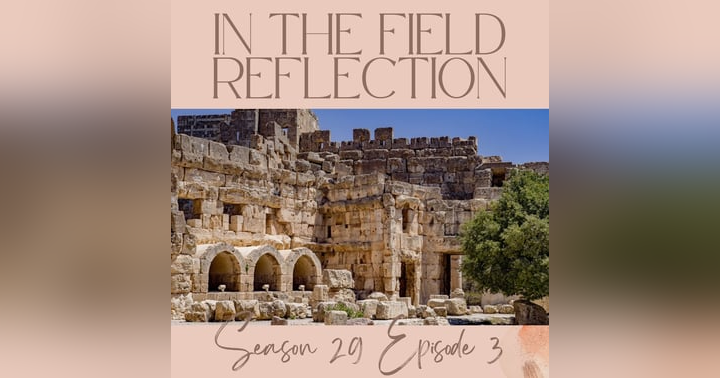Finding Freedom: Paul's Plea to the Galatian Church

Paul's letter to the Galatians stands as one of the most powerful defenses of the gospel in Scripture, and Paul's plea in Chapter 3 forms its theological heart. In this remarkable passage, we witness his passionate confrontation with a church drifting back toward legalism after having experienced the freedom of grace. His opening words strike like lightning: "You foolish Galatians, who has bewitched you?" This rhetorical question reveals both Paul's frustration and his pastoral concern for a community being led astray from the pure gospel.
The central conflict addressed in Galatians 3 revolves around a fundamental question that still echoes through churches today: How are we made right with God? Some teachers had infiltrated the Galatian church, insisting that Gentile believers needed to observe Jewish law—particularly circumcision—to be fully accepted by God. Paul confronts this teaching head-on, reminding them that they received the Spirit not through obedience to the law but through faith. His appeal is both theological and experiential, asking them to recall their own conversion: "Did you receive the Spirit by doing the works of the law or by believing what you heard?"
Paul brilliantly establishes the primacy of faith by reaching back to Abraham, who lived 430 years before the law was given at Sinai. Abraham was declared righteous not through law-keeping but through his belief in God's promises. This historical argument undermines the claims of those insisting on law-observance, as Paul demonstrates that faith has always been God's intended pathway to righteousness. The apostle shows that the true children of Abraham are not those who share his ethnicity or religious practices, but those who share his faith.
Perhaps the most profound section comes when Paul explains the purpose of the law. Rather than being a means of salvation, the law served as a "disciplinarian" (or guardian) until Christ came. The Greek word "paidagogos" referred to a slave who supervised and escorted a child, protecting them until maturity. Similarly, the law was given to reveal sin, to guide Israel, and ultimately to lead people to recognize their need for Christ. Now that Christ has come, believers are no longer under this supervisory system but enjoy the full status of sons and daughters through faith.
The chapter culminates in one of the most radical declarations of unity and equality in all Scripture: "There is no longer Jew or Greek, there is no longer slave or free, there is no longer male and female, for all of you are one in Christ Jesus." In a world sharply divided by ethnicity, social status, and gender, Paul proclaims that in Christ these distinctions no longer determine one's standing before God or within the community of faith. All who are baptized into Christ have "clothed themselves with Christ" and share equally in the inheritance promised through Abraham. This revolutionary vision of unity transcends the cultural boundaries of Paul's day and continues to challenge our divisions today.



